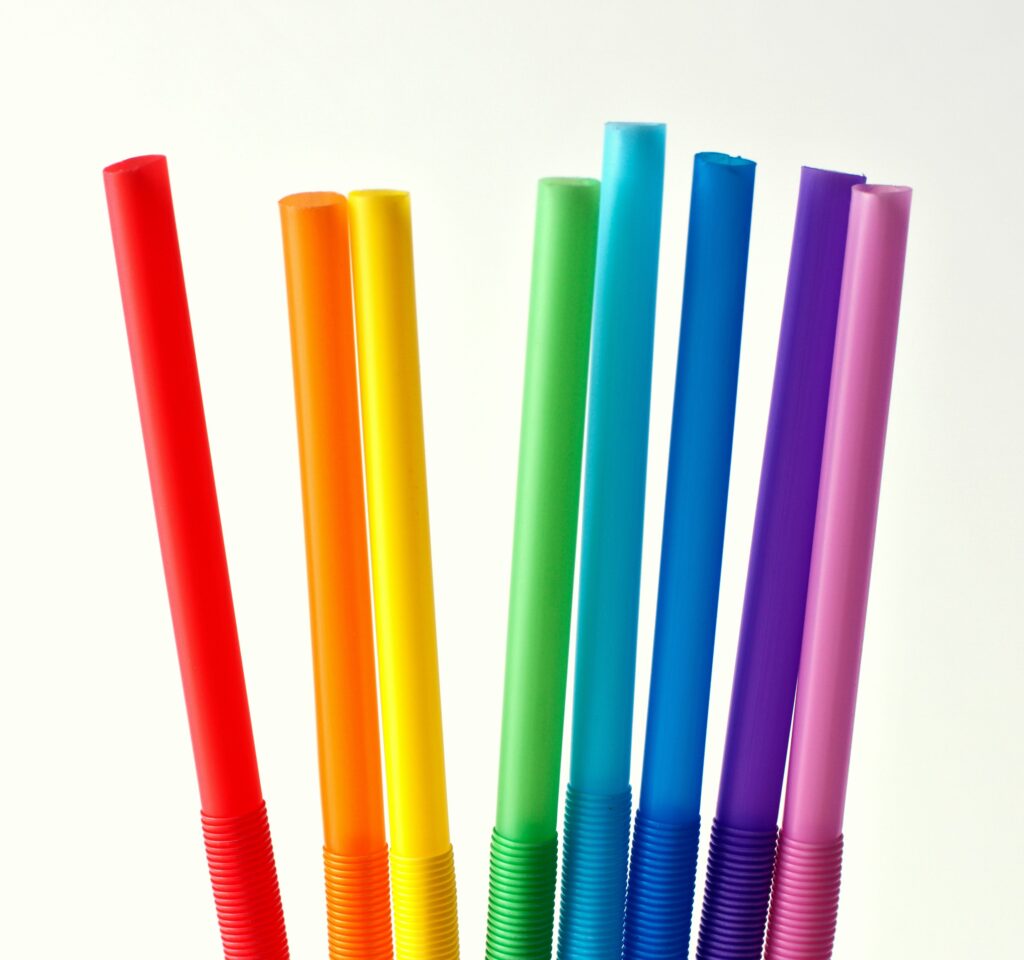Single-use plastics are banned in early July, after Portugal transposed a European directive, with the measure being praised, but also criticized for being unambitious.
The directive, which is mandatory in all Member States, prohibits, among other products made from or with plastic, cutlery, straws, cotton buds, stirrers, balloon sticks or styrofoam for food containers.
The Portuguese government had decided to implement the measure last year, largely anticipating the dates of the directive, but the Covid-19 pandemic led to the postponement and Portugal ended up establishing the ban on the dates of the European Union. The draft decree-law, which was in public consultation until the 13th, establishes the 1st of July.
The draft decree-law goes "very much in line" with the directive, but Pedro São Simão, coordinator of the Portuguese Pact for Plastics (PPP), says that it could have gone further and that an earlier version had a point he considered relevant, but has been withdrawn: be applied to single-use packaging, not just plastic but any material.
The same criticism is made by the environmentalist associations Zero, ANP/WWF and Sciaena (which specializes in the marine environment), who say that the final proposal was “weakened” compared to previous versions.
The PPP involves entities such as companies, industry, retail, brands, autarchies, universities, industry associations and waste management entities, and sets goals for 2025, one of which is the guarantee that 100% of plastic packaging will then be reusable, recyclable or compostable.
In an interview with Lusa news agency, Pedro São Simão praises another change in the latest version of the law, with “less demanding” deadlines and less restricting the sale of some products. Because there are products that provide for an adaptation period until they are completely banned, some for example up to a year. "In terms of rationality of resources, it is more in line with what we think," he said.
But once again he regrets that the European Union has only focused on plastics and not on all single-use products: "I thought it was good, because the problem is disposability and not the plastic itself".
And he adds: “Focusing on single-use materials is more important than just plastic. Because this directive aims to eliminate many single-use plastics, but it opens the door for us to replace these plastics with other single-use materials. We do not know at this stage whether they are better or worse, whether we are able to treat them in Portugal or not, whether they fulfill the same functions as plastics in terms of food safety and food preservation».
In Pedro São Simão's opinion, the directive, and the decree-law that adapts it to Portuguese legislation, may open the door to, in a few years, instead of plastic, we are talking about other materials that have been introduced in the meantime.
Because although plastic is visibly a polluting material, there are others that can also be. And he warns: "there are materials that we are putting on the market for which we still don't know the consequences."
In fact, he says, the important thing is to "rethink behavior" and "the entire value chain, from the producer to the consumer", because the disposable has to be "revised" and it is necessary to look for solutions that are "increasingly reusable" or else “100% circular”.
«By focusing on the material, it is always easier to take our responsibility. If we focus on behavior we are taking responsibility. It's harder to take responsibility, but it's easier to take action to change it. And that's where I think the directive ends up failing,” he says.
For now, the reality is that from July onwards there will be many limitations on the use of single-use plastic, especially in catering.
Pedro São Simão recalls that there has long been talk of banning single-use plastic and that many brands have already adapted it, for example regarding plastic swabs.
"When the directive was known, everyone anticipated", he says, noting that there are beverage brands changing the color of the bottles (to make it easier to recycle), there are retailers and brands that use packaging reuse solutions, there is more information on packaging about the correct way of recycling and there are more companies incorporating recycled plastic.
And because laws are important, not so much to penalize but to encourage, Pedro São Simão makes a suggestion: the funds that are arriving in Portugal should be channeled to companies that have already innovated and continue to innovate.
ANP/WWF, Sciaena and Zero also leave a suggestion: that the Government approve a previous version of the proposal that was in public consultation because the current proposal has "serious gaps" that could jeopardize the effectiveness of the directive.
As for the reduction targets set for drinking cups and food containers, they are not very ambitious, and the directive provides for a date of application of the law which is July this year, so there is no reason to create an adaptation time, as there is two years that operators knew that the law was going to come into force (the directive is from 2019).
"It is impossible to understand why the creation of extended producer responsibility schemes in the areas of tobacco, fishing gear, towels or balloons has been excluded from this version for public consultation, when this is included in the directive, as well as was in the previous version of this document. We defend its inclusion, as it is a fundamental tool for producers to assume their responsibilities for what they put on the market and the actual negative consequences that result from it”, the three associations also said in a statement on the matter.
What's good, they counter, is the mandatory provision of reusable food containers in establishments with ready-to-eat service, and support is also planned for the creation of these alternatives. This from January 2024.



















Comments